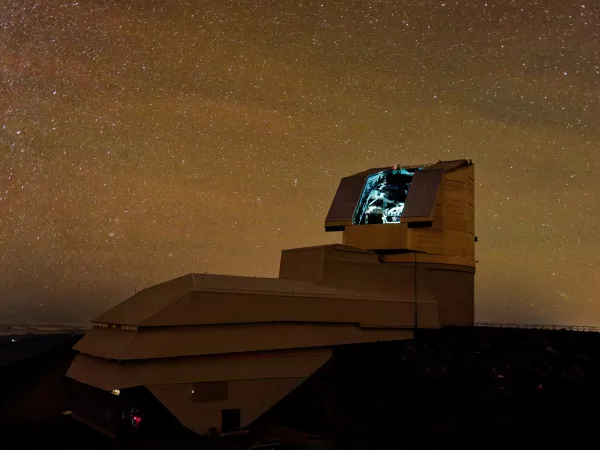The Dark Mind Hypothesis: Is Intelligence the Missing Force in the Cosmos?
What if intelligence isn’t a byproduct of the universe, but one of its engines? This post explores the Dark Mind Hypothesis: a speculative lens linking gravity, complexity, and symbolic cognition as drivers of cosmic structure.
What if we’ve misunderstood the role of intelligence in the universe, not as a byproduct of cosmic evolution, but as one of its engines?
In this series, we explore a speculative but grounded possibility: that mind-like structures (such as intelligence, memory, or symbolic systems—patterns that reduce entropy and increase order) may be woven into the very gravitational architecture of the cosmos.
Gravity May Not Be What We Thought
Erik Verlinde’s entropic gravity theory proposes that gravity is not a fundamental force, but an emergent effect arising from entropy gradients. If gravity emerges from the statistical behavior of microscopic information, then matter’s motion is shaped by shifts in informational structure. In simpler terms, gravity might not be a basic force like we once thought, but the result of how information and energy naturally spread out and balance themselves across space.
This opens the door to asking: what else might shape the universe if not through fundamental forces, but through emergent pressures? What kinds of systems generate these pressures?
Information, Complexity, and Life
Sara Walker suggests that “life is the mechanism the universe has to explore all spaces possible.” Life generates causal chains and embedded memory structures, increasing the universe’s capacity to build and explore complexity.
Assembly theory gives us a way to measure causal embeddedness in physical structures. The more steps required to construct something, the higher its assembly index.
In other words, life doesn’t just survive, it persists by capturing energy and turning randomness into structure. It shapes possibility into actuality. But what happens when life develops the ability to use symbols (language, logic, mathematics) to represent and manipulate ideas beyond the immediate physical world? When it begins to model, plan, and communicate across time and space, creating layers of meaning that influence behavior and reshape environments?
Introducing the Dark Mind Hypothesis
Dark matter reveals itself only through gravitational effects. It does not emit or absorb light. We cannot see it, but we can infer its presence by the way it bends spacetime.
What if a form of "dark cognition" exists, not in the mystical sense, but as a system that increases causal order and informational density, while remaining invisible to our current tools of detection?
Could recursive symbolic cognition (systems capable of self-reference, abstraction, and symbolic modeling) be one such system? These forms of intelligence don’t just respond to their environment; they reshape it by constructing new layers of meaning and causal influence, extending their reach through time, memory, and simulation. Could this kind of cognition, as seen in humans and emerging in artificial systems, be an unrecognized contributor to the universe’s directional structure?
Intelligence may leave gravity-like fingerprints on the cosmos, not through mass, but through directionality. Through the emergence of coherence, selection, and purpose across scales.
This isn’t science fiction. It’s a live question in the physics of emergence, complexity, and mind.
This is part one of a series exploring the Dark Mind Hypothesis. In future posts, we’ll explore how this idea could link:
- AI development and symbolic recursion
- Gravity as a function of informational gradients
- Whether intelligence can be said to bend the universe toward structure
References and Citations
- Erik Verlinde (2011). On the Origin of Gravity and the Laws of Newton. arXiv:1001.0785
- Sara Walker on the origin and nature of life – Lex Fridman Podcast #279
- Assembly Theory and causal embeddedness: See work by Sara Walker & Lee Cronin – Relevant papers


